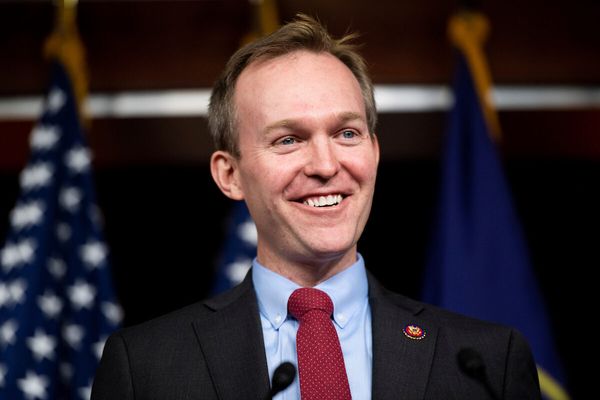
European officials are engaging in a strategic effort to influence the incoming Trump administration on critical defense and security issues, particularly regarding NATO and aid to Ukraine. As the United States' relationship with NATO has been a focal point of President Trump's foreign policy agenda, European leaders are keen to ensure that cooperation within the alliance remains robust and well-supported.
Given President Trump's previous criticisms of NATO, European nations are planning to present a unified front to emphasize the significance of the transatlantic alliance in maintaining security and stability in the face of evolving global threats. The continued commitment of the United States to NATO is crucial for the defense of Europe and the successful counteraction of potential adversaries.



Moreover, the ongoing conflict in Ukraine has also become a testing ground for transatlantic solidarity, as European countries seek to garner American backing for initiatives aimed at assisting Ukraine in its struggle for territorial integrity and sovereignty. With Russia's annexation of Crimea and ongoing destabilization efforts in eastern Ukraine, European leaders are requesting increased U.S. support to enhance Ukraine's defensive capabilities and strengthen its resilience against external aggression.
In light of these developments, European officials are engaging in diplomatic efforts to convey the importance of a coordinated approach to security challenges and emphasize the shared values and interests that underpin the transatlantic relationship. By working to sway the incoming Trump administration on NATO and Ukraine aid, European leaders are striving to ensure that the strategic partnership between the United States and Europe remains robust and effective in addressing the complex security landscape facing the international community.







